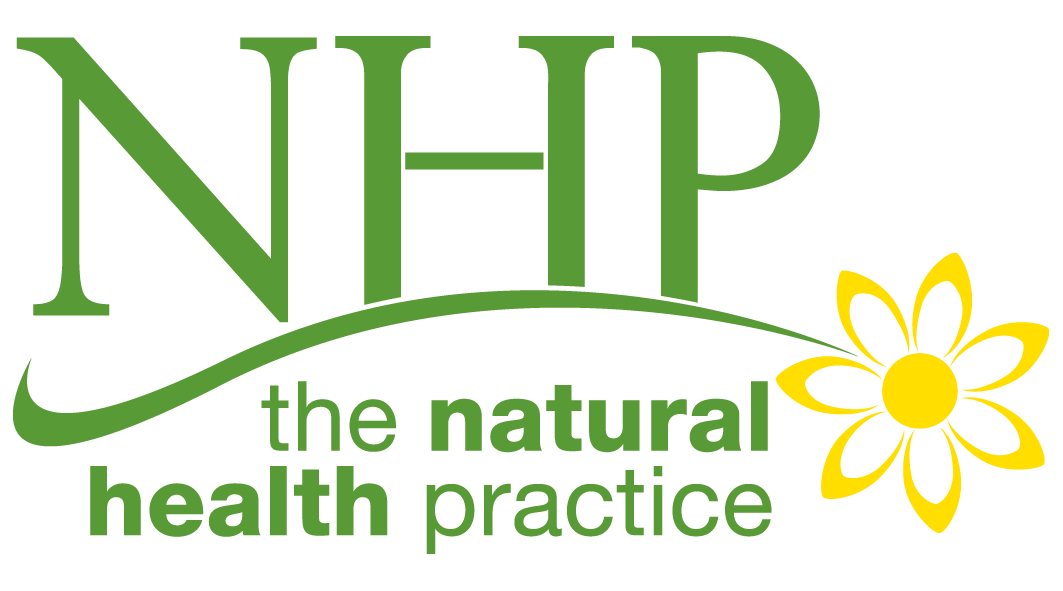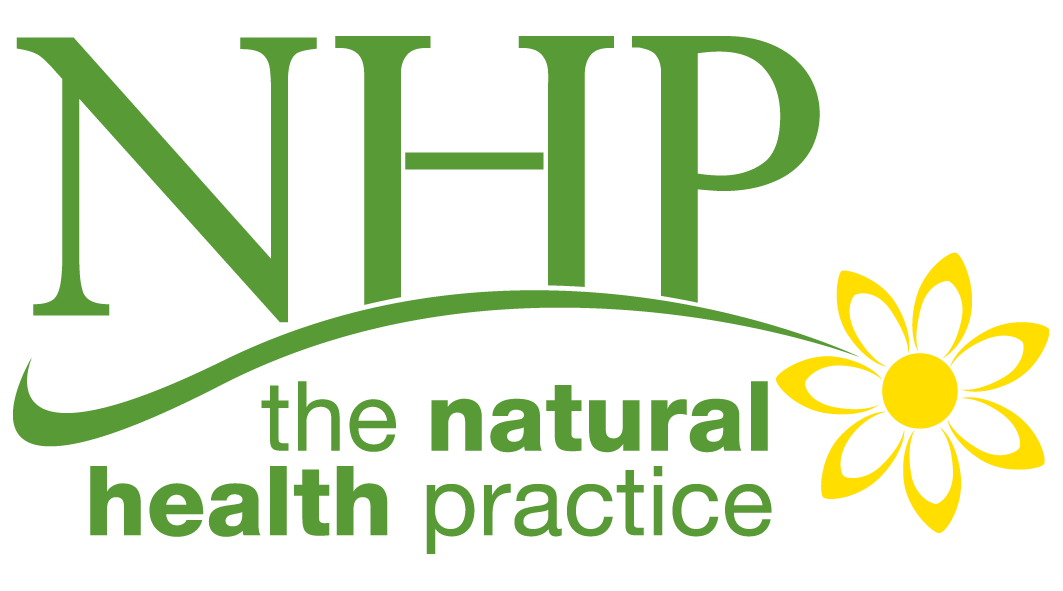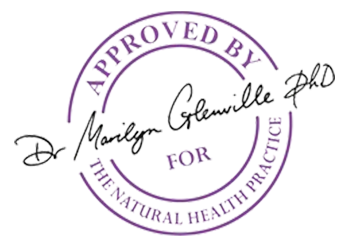Product added to cart
Vitamin D (Finger Prick) Deficiency Test by Post
£117.00
Out of stock
SKU
NHP.POST078
With all the news in the press about the benefits of having good levels of vitamin D e.g. prevention of cancer, especially breast cancer, heart disease, Type 2 diabetes and osteoporosis it is important that you know whether or not you are lacking in this vital vitamin by taking a simple blood test.
As well as all of these benefits, it is now thought that having good levels of vitamin D can help slow down the ageing process and...

With all the news in the press about the benefits of having good levels of vitamin D, e.g. prevention of cancer, especially breast cancer, heart disease, Type 2 diabetes and osteoporosis, it is important that you know whether or not you are lacking in this vital vitamin by taking a simple blood test.
What is Vitamin D?
There are two types of vitamin D: 25-hydroxyvitamin D (25-OHT) and 1,25-dihydroxy vitamin D (1,25-D).
Both types of Vitamin D play many roles in your body, such as helping you absorb calcium, regulate blood sugar levels and maintain healthy bones.
It is essential for bone growth and development, muscle function and normal cell division.
However, most people don't produce enough vitamin D because they spend less time outside under the sun and use sunscreen regularly.
Vitamin D is essential for the absorption of calcium and phosphorus, which help build strong bones.
In addition, vitamin D helps regulate blood levels of parathyroid hormone, which regulates how much calcium is absorbed in your body.
Vitamin D also plays a role in cell growth regulation, immune function, muscle contraction, insulin production, and many other functions
There is growing evidence that vitamin D deficiency may increase the risk of several chronic diseases, including cardiovascular disease, type 2 diabetes, multiple sclerosis, rheumatoid arthritis and some forms of cancer.
Some studies suggest that vitamin D supplementation may reduce the risk of developing these conditions.
What does your diet have to do with getting enough vitamin D?
Vitamin D is one of the most important nutrients you need every day.
It helps your body absorb calcium and phosphorus, both of which help build strong bones.
A healthy adult needs about 400 ius micrograms of vitamin D per day.
Natural food sources of vitamin D are few. It is found in oily fish and eggs. A 100g of grilled salmon contains 284ius of vitamin D and a 100g of tinned pilchards contains 560ius of vitamin D, the yolk of one egg contains about 20ius of vitamin D. And other sources would include fortified foods such as margarines and breakfast cereals.
You can also get vitamin D from sunlight exposure.
But you won’t make up for what you miss during winter.
Most people should consider taking a supplement of vitamin D especially during the winter as you are not going to get enough from food.
The Government advice is that everyone should consider taking a daily vitamin D supplement during the autumn and winter.
Symptoms and Causes of Vitamin D deficiency
Vitamin D deficiency is one of the most common nutritional deficiencies worldwide.
In fact, according to the World Health Organization, it affects nearly 2 billion people globally.
Vitamin D deficiency can be caused by multiple reasons. Some people are born without enough vitamin D receptors in their skin.
Others may not absorb enough vitamin D such as Coeliacs because of fat malabsorption.
Weight loss surgery can affect how much vitamin D you absorb from food.
Vitamin D deficiency is common among older adults.
A recent study found that nearly half of those over age 65 had low levels of vitamin D.
This is especially true for people living in areas where there is little sun exposure during the winter months.
As we age, our bodies produce less vitamin D in our skin. If you spend most of your day indoors, it’s easy to become deficient.
How much vitamin D should you have in your blood?
You want an optimal level of vitamin D in your blood and a simple finger prick test with the sample collected at home can tell if you have enough vitamin D in your system.
At home, vitamin D tests
At home finger prick blood tests are easy to use and can help assess whether you need to take a vitamin D3 supplement and how much you should take.
The test result shows you how much vitamin D you have in your blood.
You'll want to check your levels every 3 months, depending on your age, skin tone, and lifestyle.
Who should test for vitamin D deficiency?
It is important to have optimal levels of vitamin D and because a lack of vitamin D is connected to so many health issues, it is crucial that you know whether you are deficient or not, in this essential nutrient.
It is especially important to test if you spend most of your day indoors because your body will not produce enough vitamin D in response to limited exposure to sunlight.
If you have an auto-immune condition like rheumatoid, arthritis, multiple sclerosis and Coeliac disease it is important to test for vitamin D deficiency as this nutrient D helps to balance your immune function.
Other people with certain conditions such as cancer, diabetes, and kidney failure can also benefit from testing.
Gastric bypass patients are less capable of absorbing fat-soluble vitamins like A, E, K, and D. This makes it harder for them to meet their daily needs.
Vegans and vegetarians are restricted in what foods contain vitamin D
A vitamin D deficiency can lead to serious health issues including osteoporosis, kidney stones, high blood pressure, diabetes, heart disease, depression and certain types of cancers.
Symptoms include fatigue, weight loss, nausea, vomiting, constipation, abdominal pain, joint pain and headaches.
Who does vitamin D deficiency affect?
A vitamin D deficiency can affect everyone. But it’s easy to overlook symptoms such as fatigue, muscle weakness, depression, anxiety, poor sleep and pain.
Vitamin D deficiency symptoms in children
A study published in Paediatrics found that vitamin D deficiency could affect babies' growth and teeth development.
Researchers analysed data from over 3,400 infants born in California between 2011 and 2013.
They discovered that low levels of vitamin D during pregnancy and early childhood are linked to lower birth weight and shorter length.
Babies born with rickets had smaller heads and longer legs compared to those without it.
We also have rickets back in the UK in children, which we thought was eliminated over 40 years ago.
Vitamin D deficiency symptoms in adults
Vitamin D deficiency is very common due to lack of sunshine.
In fact, it is estimated that up to 90% of Americans and Europeans suffer from low levels of vitamin D.
Most people don't realise that they should start taking a supplement of vitamin D until they have had a blood test and realise they are deficient.
You might not connect you are suffering from a lack of vitamin D.
Signs include muscle weakness, fatigue, depression, chronic pain, insomnia and poor immune function.
Symptoms of vitamin D deficiency can occur over a period of months or years.
People who are taking medications that prevent the body from absorbing vitamin D may require additional supplementation to achieve optimal levels.
Some examples of drugs that interfere with vitamin D absorption include antacids, proton pump inhibitors (PPIs), H2 blockers, and iron supplements.
Who should take vitamin D supplements?
As well as all of these benefits, it is now thought that having good levels of vitamin D can help slow down the ageing process and when taken in pregnancy and childhood could wipe out 80% of multiple sclerosis cases.
Vitamin D deficiencies have also been implicated in other autoimmune diseases such as rheumatoid arthritis, lupus and inflammatory bowel disease.
If you suffer from joint pains, it is important that you are checked for vitamin D deficiency because research has shown that people with musculoskeletal pain, e.g. low back pain, are often deficient in vitamin D and when the vitamin D deficiency is corrected by vitamin D supplement, the pain is eliminated.
If you have been told that you have high cholesterol, make sure you change your diet and get your vitamin D level checked.
Cholesterol is used to make vitamin D so if you are deficient in vitamin D, your liver can be producing more cholesterol to try and produce more vitamin D.
By correcting the vitamin D deficiency, your body does not have to produce so much cholesterol.
And if you are trying to get pregnant or having recurrent miscarriages then it is important that your vitamin D level is checked because it is known that having good levels of vitamin D helps the body maintain a pregnancy by effectively switching off the part of the immune system that could reject a baby as only half the DNA is the mothers.
How accurate are vitamin D tests? Do home vitamin D blood tests work?
The most accurate way is to take a blood sample and this can be collected at home using a finger prick kit supplied by the lab.
The lab we use is accredited and works to the highest possible level of quality and compliance.
When ordering this test you will receive a special kit, with full instructions, that will enable you to take a simple finger prick blood sample at home and this is then sent directly to the laboratory in the packaging provided.
When analysed you will be sent the results showing your level of vitamin D and recommendations to correct the deficiency if you have one.
You will also be given suggestions when to re-test in order to make sure the level is back to normal.
Vitamin D is toxic at high levels, so although you want good levels of this vitamin it is important that the level is not too high, that is why testing is so important and you are just taking the right amount for you.
So if you want to find out if you are lacking in vitamin D, then you should order this Vitamin D Deficiency Test now.
Samples should be returned to the laboratory by Next Day Delivery, Monday- Thursday only. Samples received outside of the suggested postage dates may be discarded and the patient asked to repeat the test.
Please Note: This test is only available by post in the UK. Please allow 5-6 weeks to receive your results.
Please be advised that the tests that you have bought on the Natural Health Practice will be managed by our recommended clinic Glenville Nutrition Clinic.
If you need any further information about how your personal data is used please contact help@naturalhealthpractice.com
Quality Assured
All the NHP supplements included in this programme have been given Dr Marilyn Glenville PhD's Exclusive ‘Seal of Approval
To be awarded Dr Glenville’s Exclusive Seal of Approval all NHP supplements have been formulated and personally checked and approved by Dr Marilyn Glenville PHD, the UK’s leading nutritionist specialising in natural health.
To comply they need to be in the correct form, the right dosage level and of the highest quality to ensure maximum bio-availability and absorption in order to increase their effectiveness and produce the greatest benefit and be free from all non-active and chemical excipients.
All formulations must conform to Dr Glenville’s demanding criteria:
- Only 100% active ingredients included
- In their most bio-available form to aid absorption,
No minerals in the form of chlorides, carbonates, oxides or sulphates.
Vitamin C in alkaline form rather than the acidic ascorbic acid form
Vitamin D as D3 not D2
Vitamin B6 in the active form of pyridoxal-5-phosphate and not the cheaper pyridoxine form
Natural vitamin E as d-alpha tocopherol not synthetic dl-alpha tocopherol - Free From: gluten, dairy, yeast, artificial flavours, colours, additives, preservatives, added sugar, sweeteners, benzoates, maltodextrin, nuts and nut traces and soya* *(except Meno Herbal Support, Advanced Brain and Memory Support and Advanced Hearing Support)
- Free From - fillers, binders, anti-caking agents, lubricants eg magnesium stearate, titanium dioxide, talc, calcium hydrogen phosphate dehydrate, stearic acid.
- Contained in vegan* capsules - no bovine gelatine used
*(excluding Omega 3 Support and Advanced Marine Collagen Support which are in vegetarian capsules) - No genetically modified organisms (GMOs)
- Registered with the Vegetarian Society*
*(excluding Omega 3 Support and Advanced Marine Collagen Support which are in vegetarian capsules) - Registered with the Vegan Society*
*(excluding Omega 3 Support and Advanced Marine Collagen Support which are in vegetarian capsules) - Kosher and Halal approved
- Omega 3 fish oil. High Strength made from wild deep-sea fish and from the body of the fish not the liver. In natural triglyceride form. Screened for contaminants. Frends Of The Sea certified
- Manufactured, batch tested and certified in the UK
- Contained in glass bottles for easy recycling
Thanks to Dr Glenville’s 30+ years’ experience and stringent quality control checking procedures, you can be confident that any product with Dr Glenville’s Exclusive ‘Seal of Approval’ is effective, safe and healthy for you to use.
Does all this really make a difference?
When you take vitamins, minerals, and herbs, you aim to give your body the tools to heal itself and maintain good health.
Unfortunately, many supplements nowadays contain unnecessary and potentially harmful substances, making your body work harder to eliminate them.
You may not realise that they can be full of ‘nasties’ - non-active ingredients - like, fillers, bulking and anti-caking agents, disintegrants and lubricants.
These chemicals are in there to help the manufacturing process flow through the machines.
Good for the machines maybe but certainly not good for your body.
If your body expends energy dealing with these substances, it may divert energy from other areas essential for maintaining or restoring good health, potentially causing additional health problems and low energy.
It's crucial that the vitamins, minerals, and herbs you consume contain only the highest quality ingredients possible and are Free From all nasties.
Not all supplements are made equal, and knowing what to look for is important.
Sounds daunting doesn’t it?
But don’t worry because, if you don’t have the time or inclination, (or a degree in chemistry), to go round reading labels on every pot of vitamins or minerals, Dr Glenville has already done the work and scrutinised the labels for you.
And only when she is completely satisfied that the products are Free From all the ‘nasties’ and in their most bio-available form and at the highest safe dosage level will she award it her ‘Seal of Approval’.’.
You can rest assured that all NHP supplements have Dr Glenville’s exclusive ‘Seal of Approval’ and are safe, effective and healthy for you.
If you would like more help and guidance please email one of our nutritionists, who will be pleased to recommend an appropriate course of action for you, by clicking the button below:





